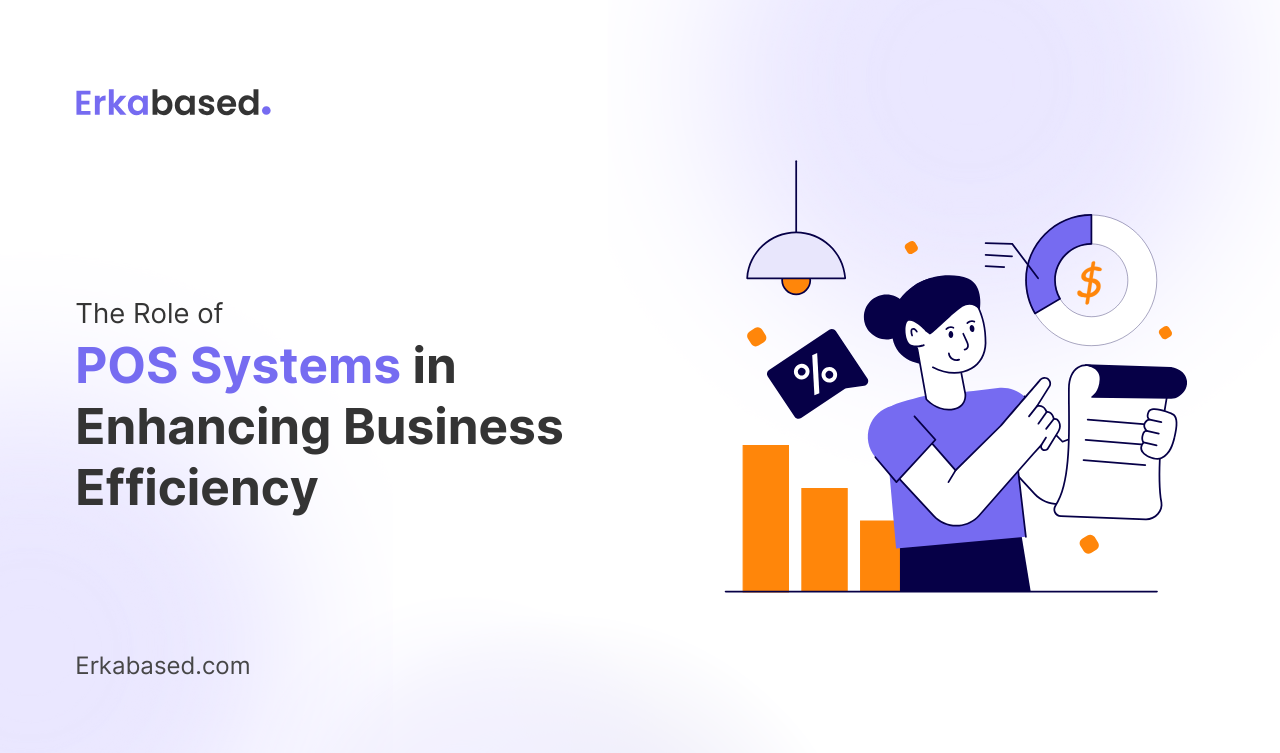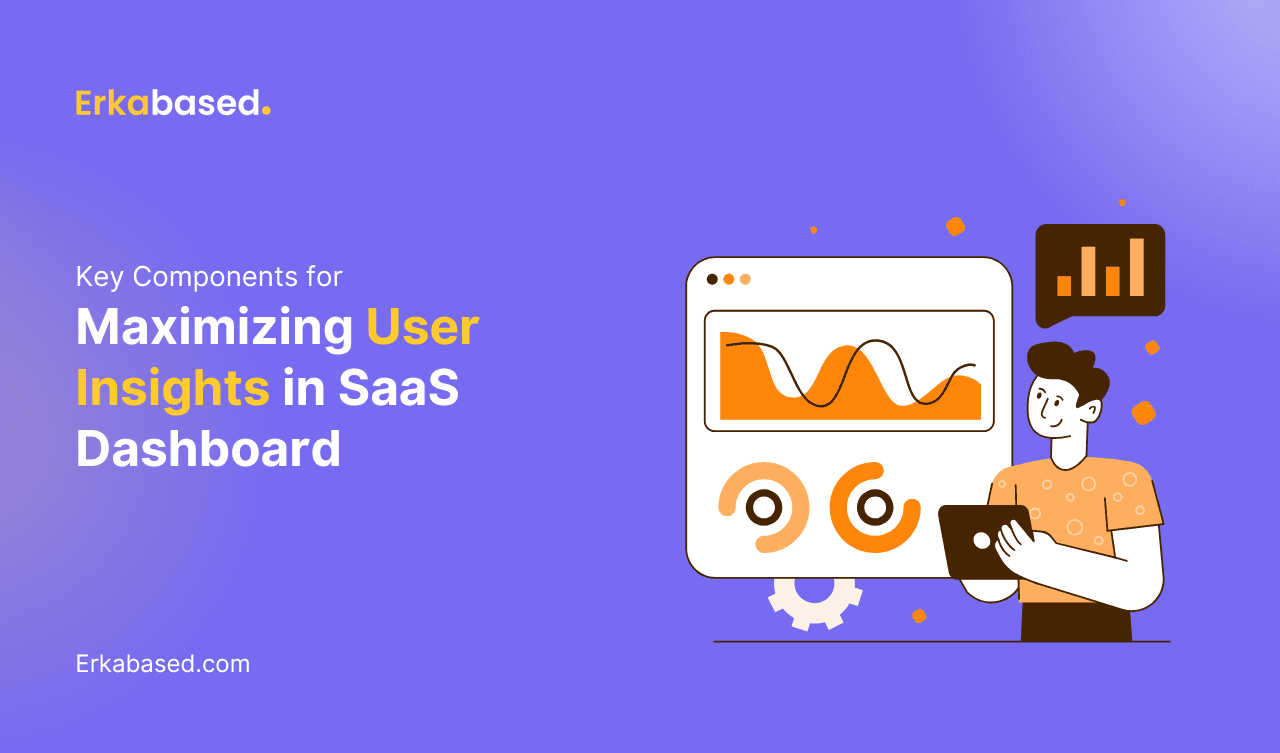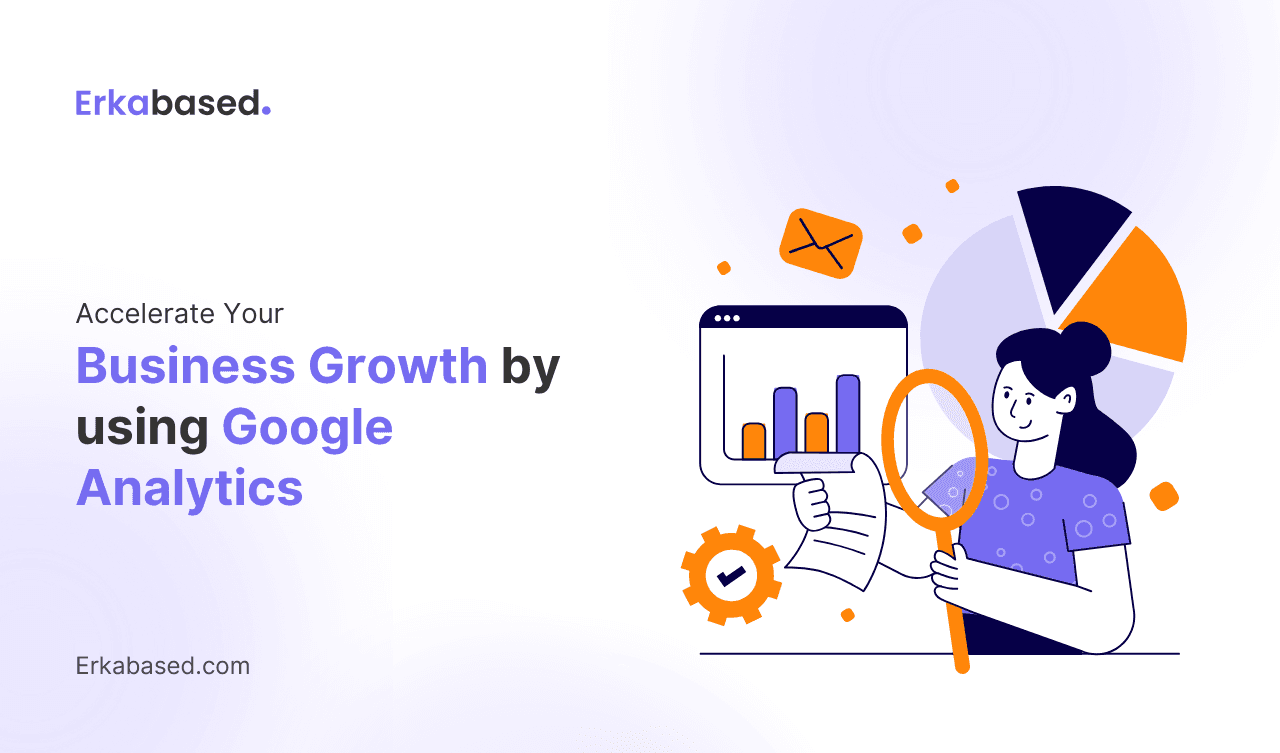Introduction
In today's fast-paced business environment, staying competitive requires more than just offering great products and services. Efficient operations, accurate sales tracking, and seamless customer transactions are essential to success, and this is where a Point of Sale (POS) system becomes invaluable. Whether you run a retail store, restaurant, or any business that handles customer transactions, a POS system can transform the way you manage sales, inventory, and customer relationships.
This article provides a comprehensive look at POS systems, detailing what they are, how they work, and the benefits they offer businesses. We’ll also explore how a modern, well-implemented POS system can drive business growth and improve operational efficiency.
What Is a Point of Sale (POS) System?
A Point of Sale (POS) system is a combination of hardware and software that allows businesses to complete sales transactions, manage inventory, track customer data, and generate financial reports. In its simplest form, a POS system processes sales transactions—recording customer purchases and accepting payments—but modern POS systems go far beyond that. They integrate multiple business functions, offering features that help manage inventory, customer data, employee performance, and more.
Think of a POS system as the digital hub where all your sales and business management tools come together. It’s the place where the business's finances meet customer service, making it one of the most critical technologies for any business that handles in-person or online sales.
How Does a POS System Work?
A POS system works by integrating hardware and software to facilitate transactions and manage business operations. The general process of a POS system transaction can be broken down into the following steps:
Transaction Initiation The POS system is activated when a customer decides to make a purchase. The employee uses the POS terminal to scan product barcodes, manually enter prices, or select items from an inventory list in the system. In e-commerce settings, customers select items and add them to their online cart.
Payment Processing Once all items are entered into the system, the POS calculates the total cost, including applicable taxes and discounts. The customer is then prompted to make a payment, which can be done using various methods, including cash, credit cards, debit cards, mobile payments (e.g., Apple Pay, Google Pay), or digital wallets.
Transaction Finalization After payment is processed, the POS system updates the inventory to reflect the sold items, issues a receipt (physical or digital), and records the transaction. This data is stored for future reporting and analysis, enabling businesses to track sales trends and customer behavior.
Post-Transaction Actions Modern POS systems also enable additional features such as loyalty program integration, email receipts, and data analysis. This can enhance customer experience and offer business insights that help refine future operations.
Types of POS Systems
POS systems have evolved significantly over the years, from basic cash registers to sophisticated, cloud-based solutions. Depending on your business needs, you might choose one of the following types of POS systems:
Traditional POS Systems
These systems are typically installed on-premises, often in retail stores or restaurants. They require specific hardware such as cash registers, barcode scanners, and receipt printers. While functional, traditional POS systems are limited in scalability and flexibility, making them less ideal for businesses that need advanced features or remote access.
Cloud-Based POS Systems
Cloud-based POS systems are gaining popularity due to their flexibility, scalability, and lower upfront costs. These systems store data in the cloud, allowing business owners to access sales information, inventory, and reports from anywhere with an internet connection. Cloud-based POS systems also tend to be more user-friendly and easier to update with new features or integrations.
Mobile POS Systems
A mobile POS system uses smartphones or tablets as terminals, making it an excellent option for businesses that need portability, such as food trucks, market vendors, or businesses with multiple locations. These systems provide the same functionalities as traditional POS systems but with the added advantage of mobility and ease of use.
Self-Service POS Systems
In industries like fast food or hospitality, self-service POS systems are becoming more common. These systems allow customers to place orders and make payments on their own through kiosks or tablets. This reduces the need for employee interaction while streamlining service, leading to faster transactions and potentially higher customer satisfaction.
Key Features of a POS System
A modern POS system offers more than just a way to process payments. The best POS systems provide a suite of tools that streamline business operations, boost productivity, and enhance the customer experience. Here are some key features to look for:
Inventory Management
Effective inventory management is essential for businesses that rely on accurate stock levels. A POS system tracks inventory in real time, automatically updating stock levels when items are sold. This prevents issues like overstocking or running out of popular products. Some systems also provide low-stock alerts, helping businesses reorder items before stock runs out.
Sales and Financial Reporting
A good POS system provides detailed sales reports that give insights into business performance. These reports can help identify best-selling products, peak sales times, and customer preferences. Financial reporting tools within the POS also assist in monitoring cash flow, managing expenses, and preparing for tax season.
ustomer Relationship Management (CRM)
Building and maintaining strong customer relationships is key to business growth. Many POS systems include CRM features that allow businesses to collect and store customer data, such as purchase history, contact information, and preferences. This data can be used to personalize marketing efforts, offer loyalty programs, and enhance customer service.
Employee Management
Managing employees effectively is crucial, especially in industries with high staff turnover or shift-based work. A POS system can track employee hours, sales performance, and productivity. Some systems even offer role-based access, allowing managers to control what information employees can see or edit.
Multi-Location Management
For businesses with multiple locations, a POS system can centralize operations by syncing inventory, sales, and customer data across all locations. This simplifies management tasks and provides real-time insights into how each location is performing.
Payment Flexibility
Offering a variety of payment options can improve the customer experience. A modern POS system should support a range of payment methods, including cash, credit and debit cards, contactless payments, and digital wallets. Integrating payment gateways into the POS ensures secure and efficient transactions.
The Benefits of Implementing a POS System
Investing in a POS system can have a transformative impact on your business. Here are some of the key benefits:
Increased Efficiency
A POS system automates many tasks that would otherwise be done manually, such as tracking inventory, processing sales, and managing employee schedules. This automation reduces the time spent on administrative tasks, allowing employees to focus on more important activities, such as serving customers or optimizing operations.
Improved Accuracy
Human errors can lead to costly mistakes, whether it's miscounting cash or inputting incorrect data. A POS system minimizes these errors by automating calculations and data entry. This leads to more accurate records and reduces the likelihood of financial discrepancies.
Better Customer Experience
A smooth and efficient checkout process can significantly improve the customer experience. By using a modern POS system, businesses can reduce wait times, offer multiple payment options, and create a more personalized shopping experience. For example, customer data stored in the POS system can be used to offer personalized promotions or loyalty rewards, encouraging repeat business.
Data-Driven Decision Making
With access to detailed reports and real-time data, business owners can make informed decisions based on actual performance metrics. Whether it’s adjusting product offerings, optimizing staffing levels, or planning marketing campaigns, a POS system provides the data necessary to make smarter, more strategic business decisions.
Scalability
As your business grows, so do your operational needs. A POS system is designed to scale with your business, whether you're opening new locations, expanding your product line, or increasing your customer base. Modern POS systems offer flexibility, making it easy to add new features, integrate with other tools, and accommodate business growth.
Choosing the Right POS System for Your Business
Selecting the right POS system depends on several factors, including your industry, business size, and specific operational needs. Here are some key considerations to keep in mind:
Industry-Specific Features
Different industries have unique requirements. For example, restaurants need POS systems with table management and tip processing features, while retail businesses may prioritize inventory management and CRM tools. Choose a POS system that caters to the specific needs of your industry.
Ease of Use
A POS system should be intuitive and easy for employees to use, reducing training time and minimizing errors. User-friendly systems improve workflow efficiency and help ensure smooth transactions, even during busy periods.
Integration Capabilities
Your POS system should integrate seamlessly with other tools you use, such as accounting software, e-commerce platforms, or loyalty programs. Integrations ensure that your business operations are streamlined, and data flows smoothly between systems.
Cost and Scalability
While it’s important to choose a POS system that fits your budget, it’s also essential to consider scalability. As your business grows, you’ll need a POS system that can scale with you, offering new features or accommodating more locations without requiring a complete system overhaul.
Conclusion
A well-implemented Point of Sale (POS) system is an invaluable asset for any business. By streamlining operations, improving accuracy, and providing valuable insights, a POS system can help your business run more efficiently and deliver a better customer experience. Whether you’re a small retail store or a growing multi-location business, investing in a POS system can help you manage your operations more effectively, scale seamlessly, and keep pace with customer expectations. The right POS system does more than just process transactions—it provides actionable data, supports better decision-making, and helps businesses adapt to changes in market demand.
At Erkabased, we understand the unique needs of businesses across different industries. Our team of experts specializes in developing customized POS solutions that align with your business goals, ensuring that you have the tools necessary to improve efficiency, grow your customer base, and enhance profitability. Whether you're looking to upgrade your current POS system or need a completely new solution tailored to your business, we're here to help. Contact Erkabased today to learn more about how we can assist you in selecting and implementing a POS system that drives operational success and supports your business’s long-term growth.



